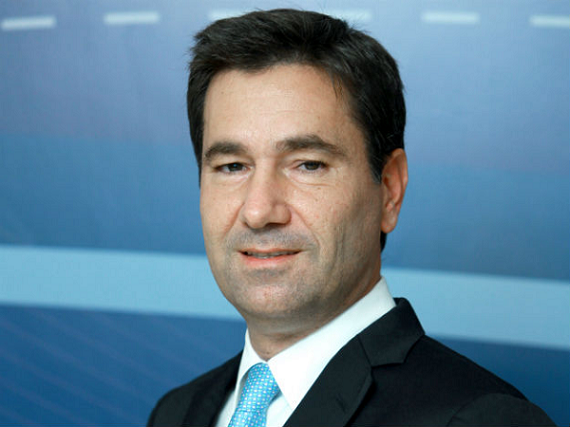
Things have been tense between the Brazilian government and mobile messaging app WhatsApp for a while now, as the company has been accused of resisting court orders requesting information on its users, resulting in both fines and blackouts. Now, though, things are really starting to escalate.
Diego Dzodan, Facebook’s vice president for Latin America, was arrested on Tuesday, while he was on his way to work, according a report from ABC News.
The arrest order came from judge Marcel Montalvao, who accused Dzodan of ignoring a judicial order in a “secret investigation involving organized crime and drug trafficking,” according to the report.
Both Facebook and WhatsApp have issued statements condemning this move, with WhatsApp denying the court’s accusations that it has been ignoring its orders.
A WhatsApp spokesperson told VatorNews that the company has “cooperated to the full extent of our ability in this case.”
“We are disappointed that law enforcement took this extreme step. WhatsApp cannot provide information we do not have,” the spokesperson said. “While we respect the important job of law enforcement, we strongly disagree with its decision.”
“We’re disappointed with the extreme and disproportionate measure of having a Facebook executive escorted to a police station in connection with a case involving WhatsApp, which operates separately from Facebook. Facebook has always been and will be available to address any questions Brazilian authorities may have,” a Facebook spokesperson told Gizmodo
Montalvao has been requesting the information for months now, and has even started to fine WhatsApp 50,000 Brazilian reais, or $12,700, every day that it continued to do so. That amount has since been raised to 1 million Brazilian reais, or $250,000 daily.
WhatsApp’s problems in Brazil
This is not the first time WhatsApp has taken a stand against a Brazilian court seeking information about its users.
In December, the 1st Criminal Court of São Bernardo do Campo in São Paulo, Brazil, order the app to be shut down after WhatsApp did not respond to a court order, filed by an unnamed petitioner seeking an injunction against the company.
The app was supposed to be blocked for a total of 48 hours, though it was only down for 12 before being put back up.
Cell companies in the country have also been lobbying against the company due to the fact that WhatsApp cuts into the money they can make from charging customers for SMS and voice calling.
In February of last year, the largest telecom operators in Brazil got together to work on a report that they said would prove that WhatsApp was illegal. Their main argument seemed to be they, the operators, have pay activation and ongoing fees for each mobile phone number that is issued to customers. WhatsApp, on the other hand, is able to offer the same services without having to pay the same fees
The bigger issue
Of course, having one of your employees arrested is going to cause some alarm for a company. But there are even bigger issues at stake here. Namely, protecting the privacy of users.
Over the last few years, ever since the whole Snowden fiasco, companies have been releasing transparency reports, showing the number of requests for data that they are getting from governments around the world. The numbers have been shooting up.
Look at Twitter, for example. Starting in January of last year, and ending in June, the company received 4,363 requests for information from governments around the world. That was up 78% from the 2,871 it received in the last half of 2014. That represented the “largest increase in requests and affected accounts between reporting periods since we began publishing the Transparency Report in 2012,” the company said.
Yet Twitter still complied most of the time, producing information for 58 percent of the requests.
Now it seems as though some companies are starting to fight back, with WhatsApp refusing to turn information over to the Brazilian courts, and Apple fighting a huge battle over whether or not to allow the government to have access to the iPhone owned by one of the killers in the San Bernardino terrorist attack last year.
What the issue comes down to is whether or not Apple will allow the government to open a back door on its devices
In an internal memo to his staff, Cook wrote that he though that giving the government such power would be dangerous, and would set a bad precedent.
“This case is about much more than a single phone or a single investigation, so when we received the government’s order we knew we had to speak out. At stake is the data security of hundreds of millions of law-abiding people, and setting a dangerous precedent that threatens everyone’s civil liberties,” he said.
(Image source: computerworld.com)

















